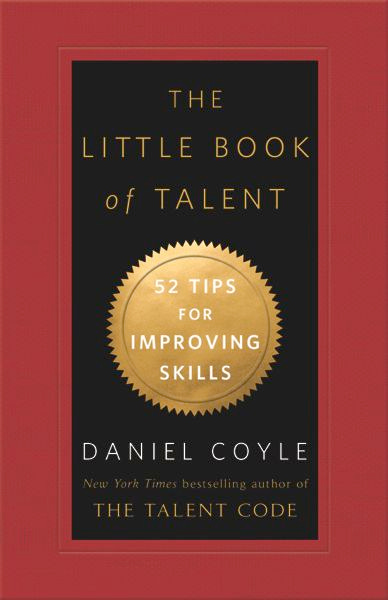How to Nurture Talent (Without Being a Psycho Parent)

There's a certain kind of writer that brings an inordinate amout of joy to an editor's life. They're a rare and beautiful species. I call them "total pros," and they share four essential characteristics: (1) They do the work, by which I mean they go out and perform the (sometimes tedious, sometimes unpleasant) job of reporting, making the calls and read…




